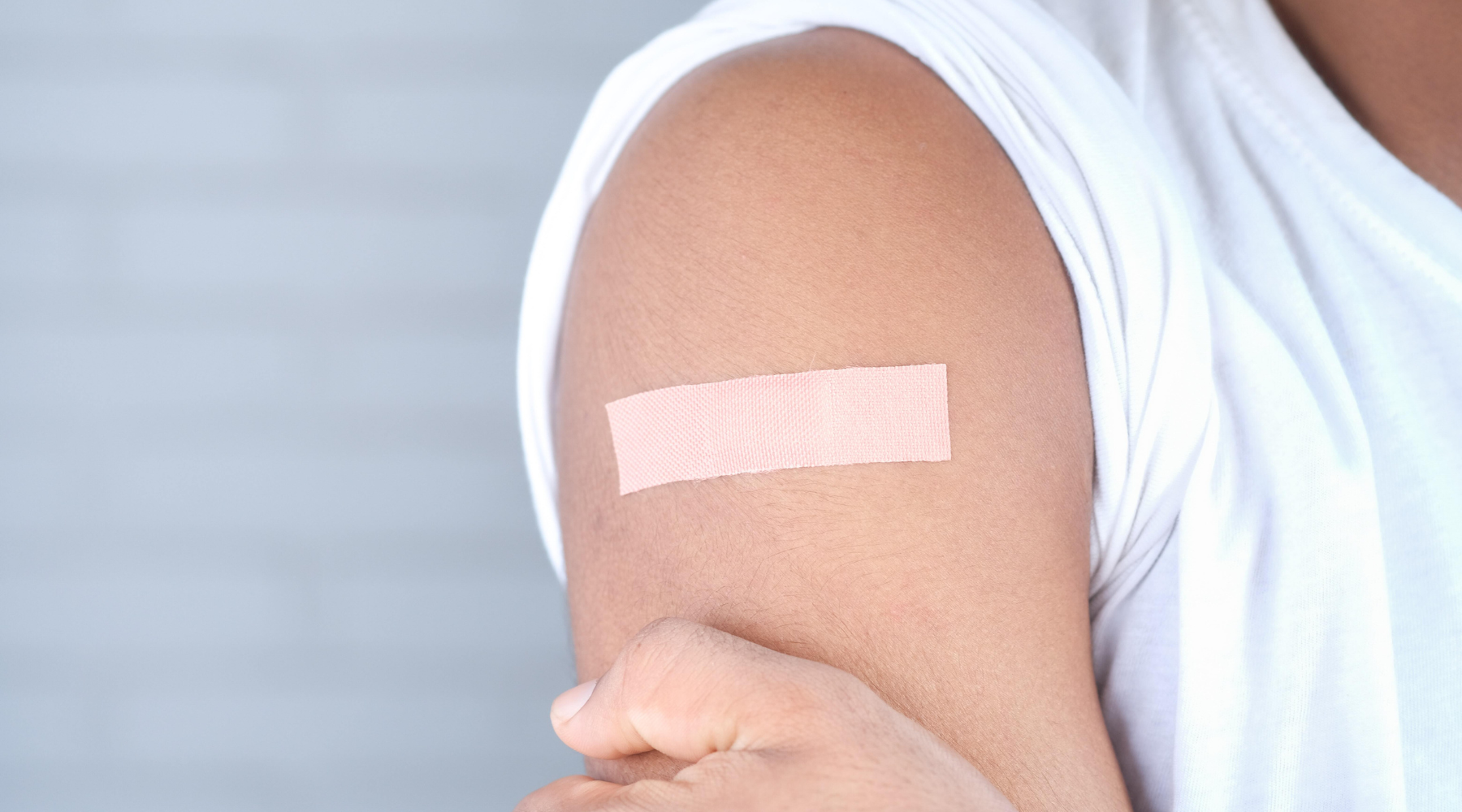Each week, OMRF Vice President of Research Dr. Rod McEver opens “Adam’s Journal” to answer a medical question from Adam Cohen, OMRF’s senior vice president & general counsel.
Adam’s Journal
I’ve read that even though the monkeypox vaccine is typically given in a two-dose cycle, some cities are administering only a single dose at this time. Why? And is this an effective approach?
Dr. McEver Prescribes
At this time, the Food and Drug Administration has approved only one vaccine for monkeypox. And you are correct; that vaccine, Jynneos, is supposed to be administered in two doses, 28 days apart.
However, cities like New York and Washington, D.C., are following Great Britain’s and Canada’s lead and only giving those at risk one shot at this time. They’re doing it because there’s a limited supply of the vaccine right now, and they want to protect as many people as possible.
So far, more than 99% of people infected have been men who acquired the virus through intimate contact with other men, according to the Centers for Disease Control and Prevention. Consequently, health authorities have limited vaccination to those at greatest risk for contracting the virus.
Specifics vary from locale to locale, with some places vaccinating only those at high risk for contracting the virus through intimate contact, while others have expanded eligibility to include healthcare workers who could be exposed through their jobs. In Oklahoma, officials have indicated that due to extremely limited supplies, the vaccine is mainly being given following exposure to someone infected with monkeypox, which can prevent infection or make symptoms milder.
As you may recall, Great Britain held back second doses of Covid-19 vaccine early in the pandemic, when supplies were low. And while federal health officials have advised against deferring second doses of monkeypox vaccine, cities like New York and D.C. have decided the benefits outweigh the risks.
Based on the immune response to the vaccine observed in safety studies, the vaccine manufacturer believes a single shot of Jynneos may afford protection for up to two years. If that finding is correct, then spreading the existing supply among more people could help contain the outbreak right now. Then, as vaccine production picks up, we’d eventually have enough supply to administer second doses to all.
Health crises call for creative solutions. Time will tell how effective this one is.
–
Do you have a health query for Dr. McEver? Email contact@omrf.org and your question may be answered in a future column!



